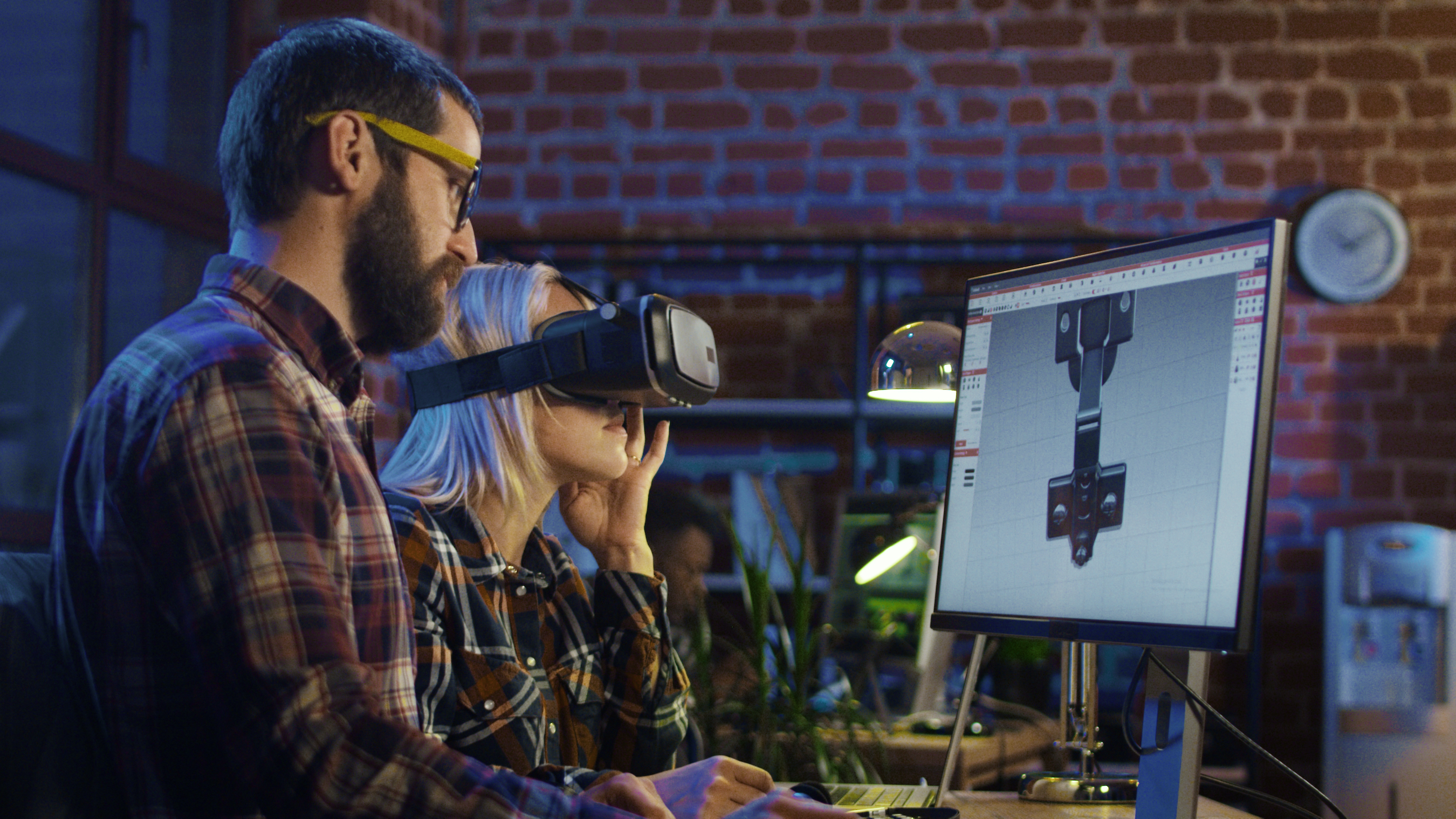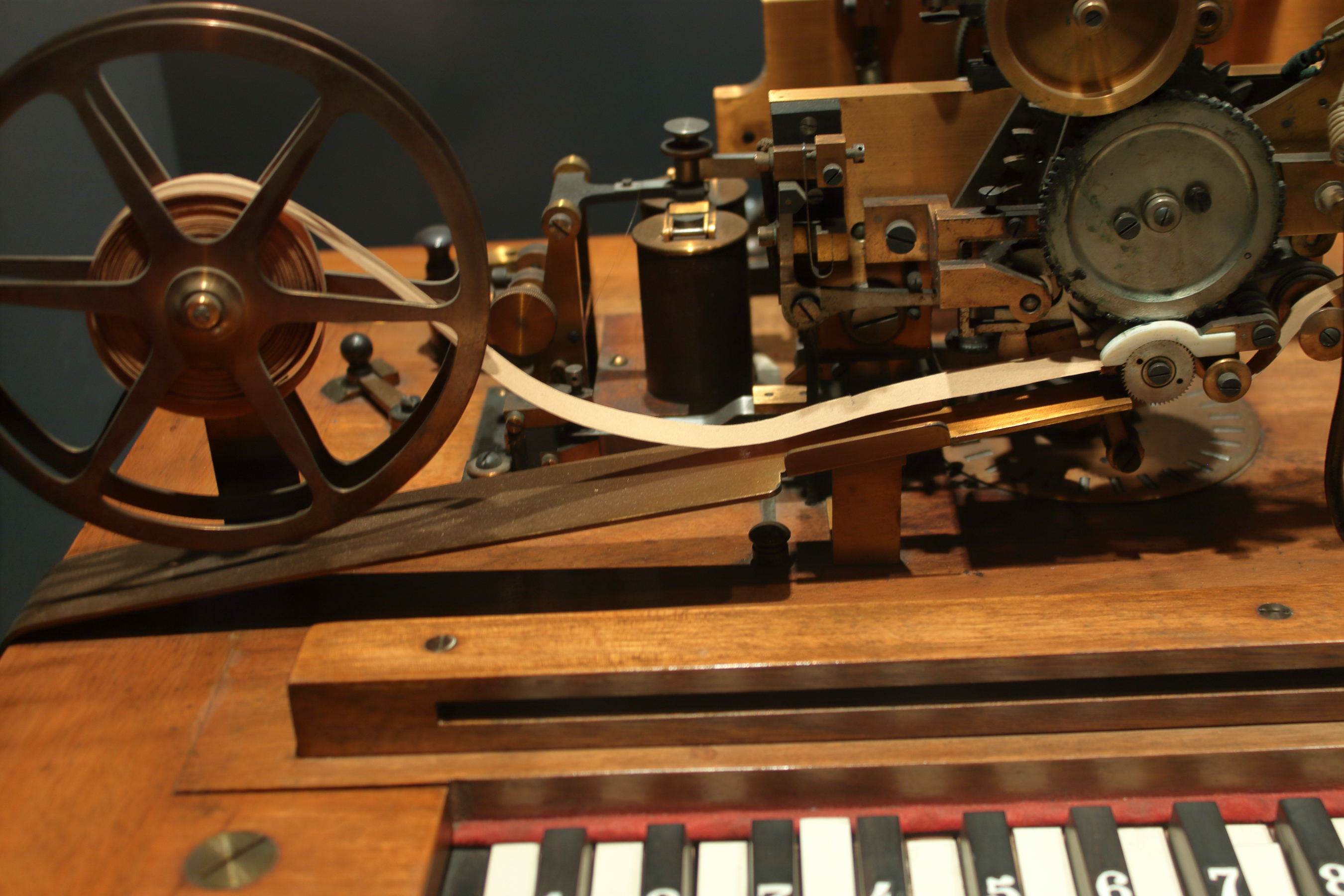Since the Second World War, the term has expanded to include the things that technology studies. Technology is things, but technology also refers to technique: how we use things (like piano playing technique).
We have a conceptual mess to start with. This is confounded even more because technology is not just a term of art; it is a master concept of modernity. It's one of those things like science, which is at the centre of what we consider to be the great transformations of the last 200 to 300 years. It’s a term freighted with an awful lot of meaning. We moralise about technology in a way we certainly wouldn't moralise about a piano or even a mobile phone. It matters what we think it is.
There's one other issue that we need to think about to answer the question: what is technology? There's an important element of time in many of our implicit definitions of technology. In practice, technology doesn't mean every human-made thing out there. It tends to mean new things – new things today and new things in the past. Technology is something at the beginning rather than the end of its life. However, it's not any old thing at the beginning of its life. Therefore, when we say that the mobile phone is the technology of the moment, or the digital is the technology of the moment, we have some sort of expectation that it will become even more important in the future.
Looking back, the technologies that we deemed to be important in the past are those originating in that historical period which we subsequently know or at least believe will become even more important in the future. There's a distorted sense of historical time, and time in general, when we use this word technology. It is messy definitionally, philosophically and historically, this master-concept of modernity. That explains why we find it difficult to think realistically and critically about this strange thing we call technology.


